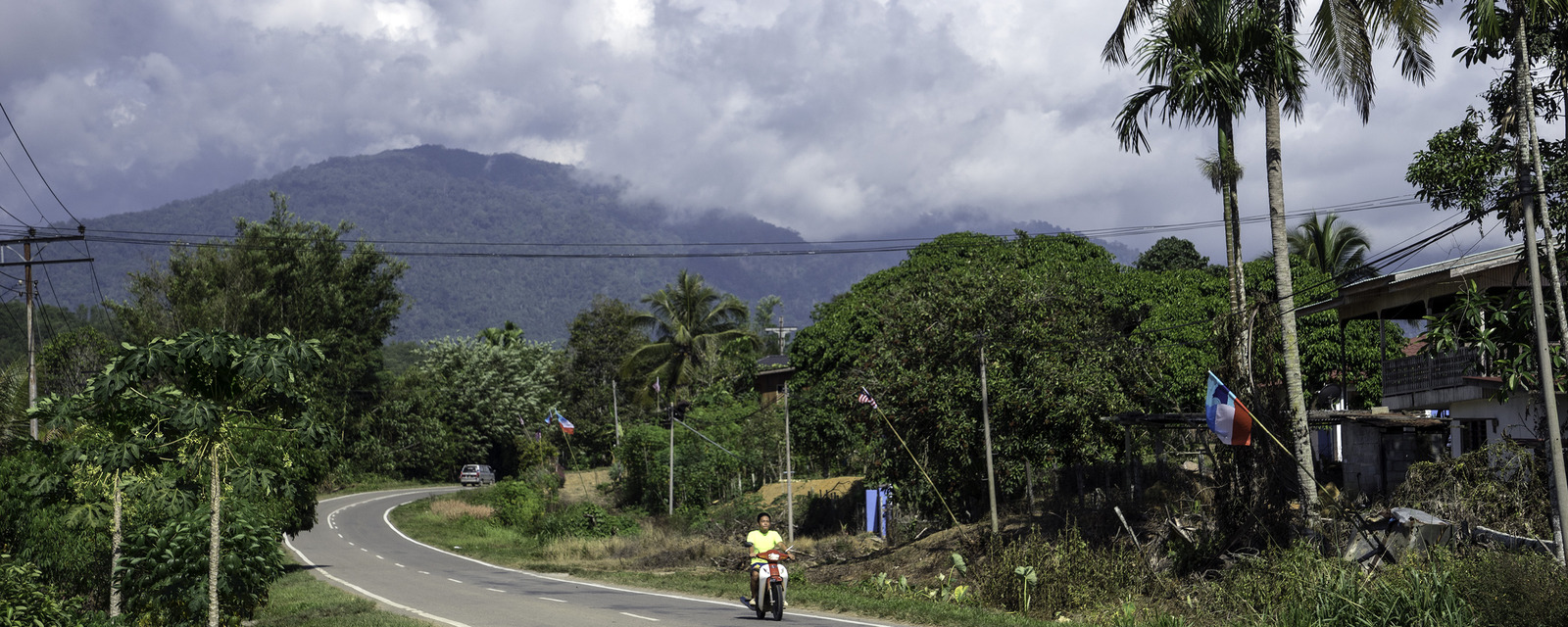ABOUT BONGKUD-NAMAUS
Bongkud Village is in the Raunau district in Sabah, Malaysia approximately 140 km from the state’s capital city of Kota Kinabalu and 20km from the iconic Mount Kinabalu.
Ranau is fertile country and is the largest producer of vegetables in Sabah. The district is also home to the Sabah Tea plantation and Poring Hot Springs. It was once the country’s largest producer of copper, until the toxic mine was shut down in 1999. Historically, Ranau is significant as the site of the most devastating POW crime in Australian histor. During World War II, 2,345 Australian soldiers were forced to march from Sandakan to Ranau by Japanese soldiers. Only 6 survived, and the area is now a site of pilgrimage for Australian soldiers and historians.
Bongkud Village is an ethnic Christian Dusun community with a Muslim minority. The primary language spoken is a Ranau dialect of Dusun. The name 'Bongkud' comes from a Dusun word meaning ‘bent’ after a crooked coconut tree once found there. 'Namaus' is based on a tale about an upset maiden. The two villages bonded in the 1970s when villagers from Namaus moved over to Bongkud Village in need of farmlands.
The villagers of Bongkud and Namaus are mostly involved with agriculture - subsistence farming, palm oil and market gardens. Some locals work for Camp Bongkud, a subsidiary of Camps International, a UK-based voluntourism company.
Nadira Ilana and her team ran film and photography workshops in Kampung Bongkud and assisted locals in producing films and images with a focus on their Dusun heritage, relationships and dreams.
The world premiere for Big Stories in Bongkud-Namaus took place on the 12th of March 2016 in Bongkud Village. The all day cultural celebration of Dusun culture, which saw over 1,000 people attend, was held in collaboration with FINAS Malaysia.

